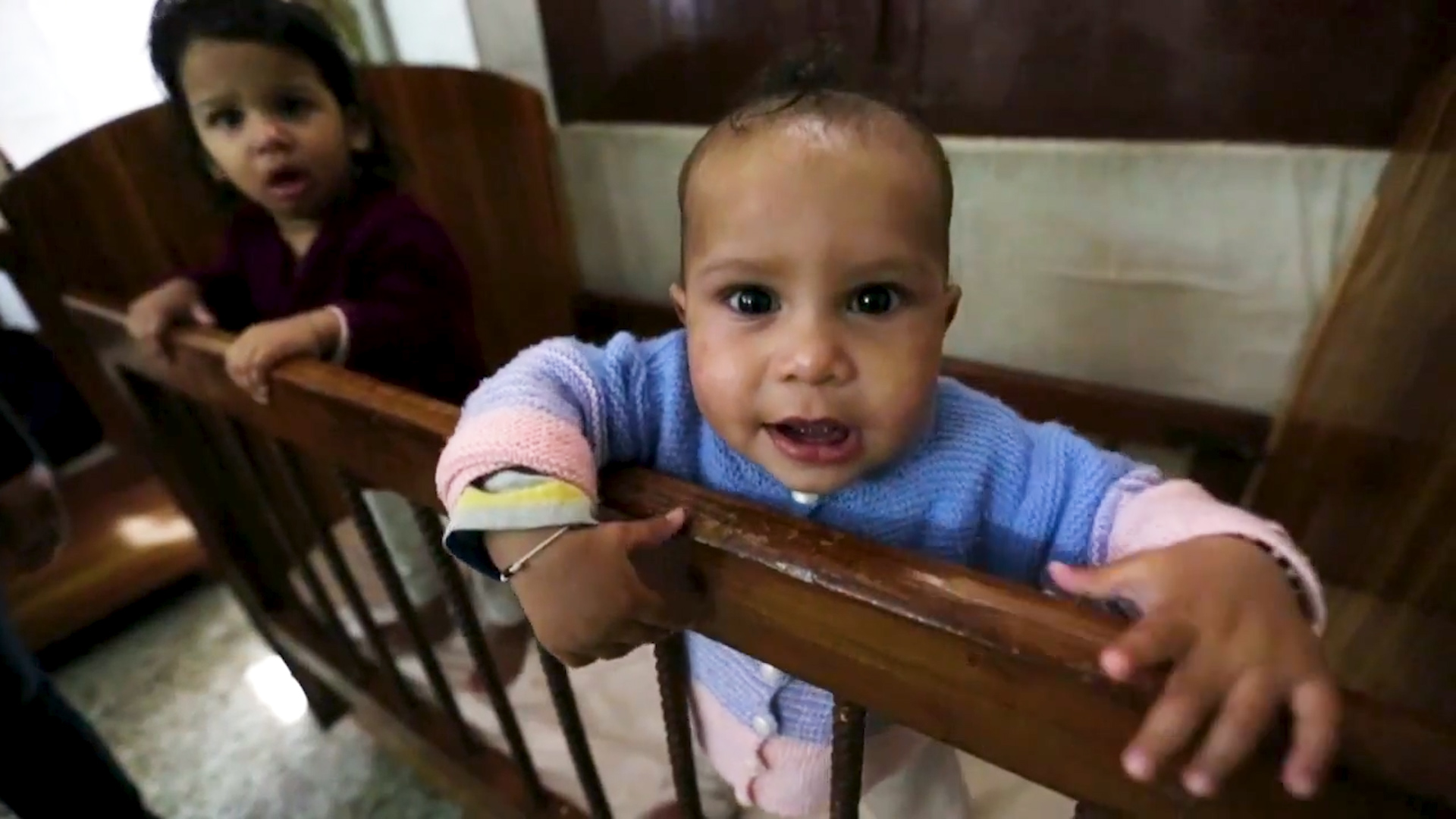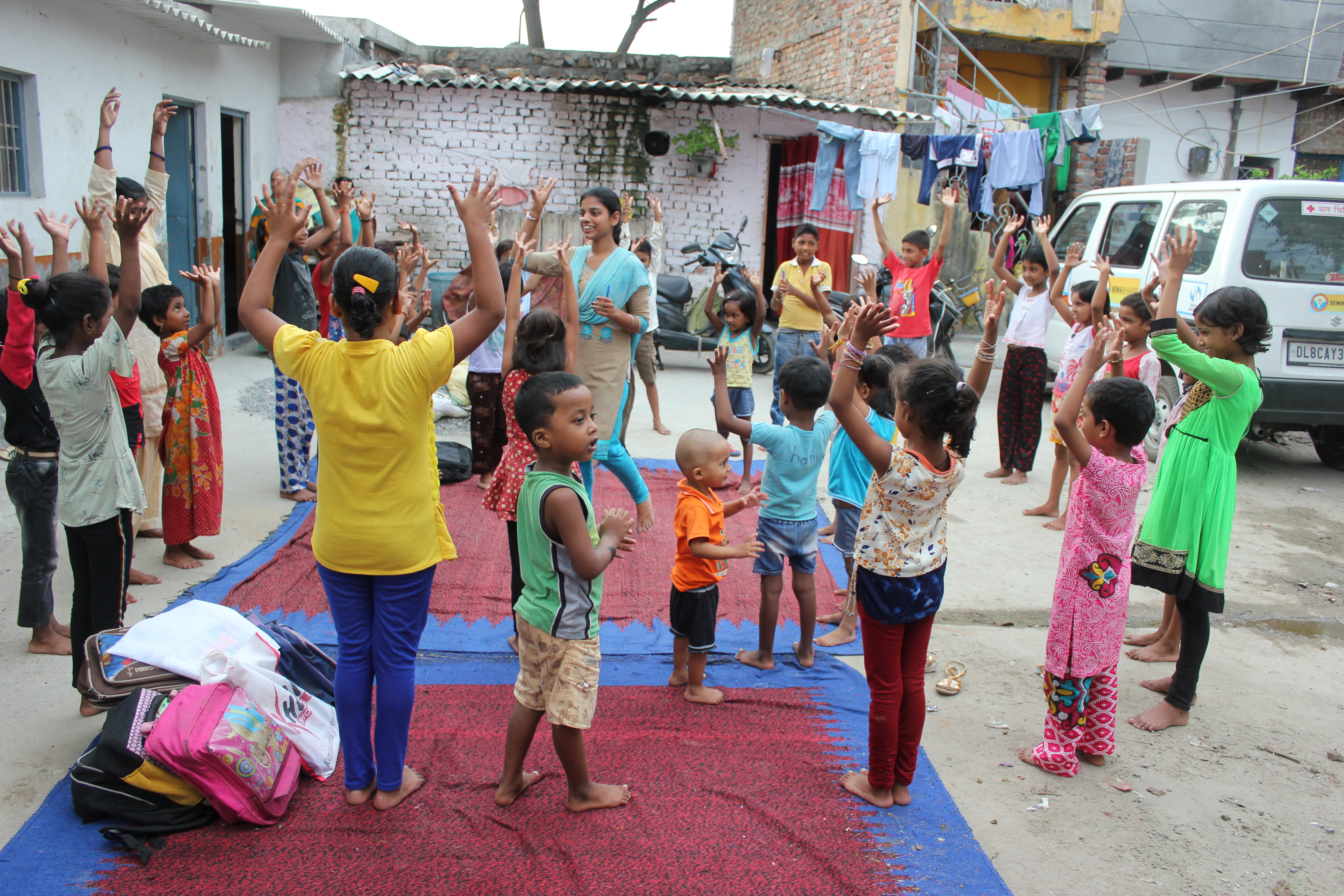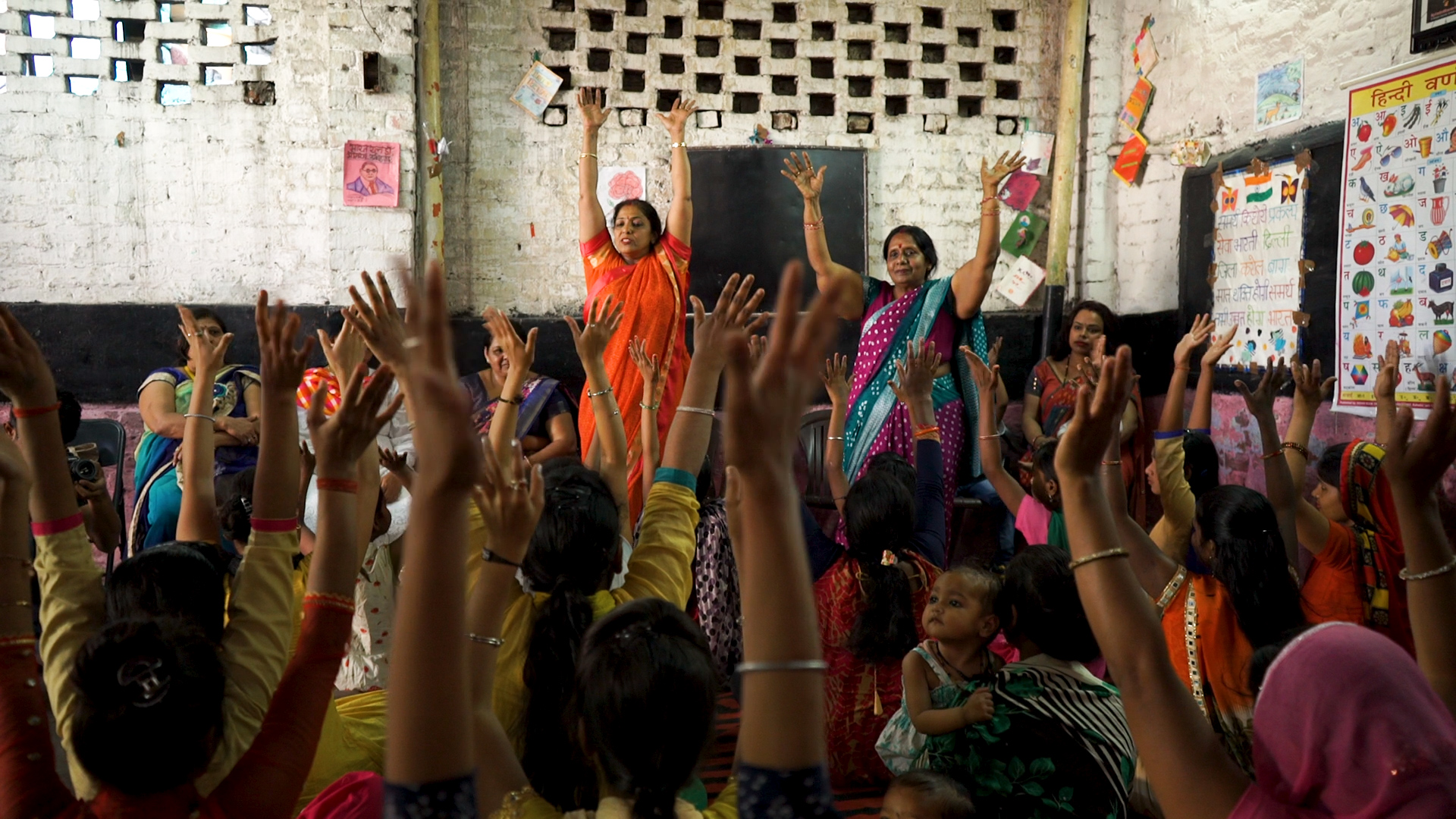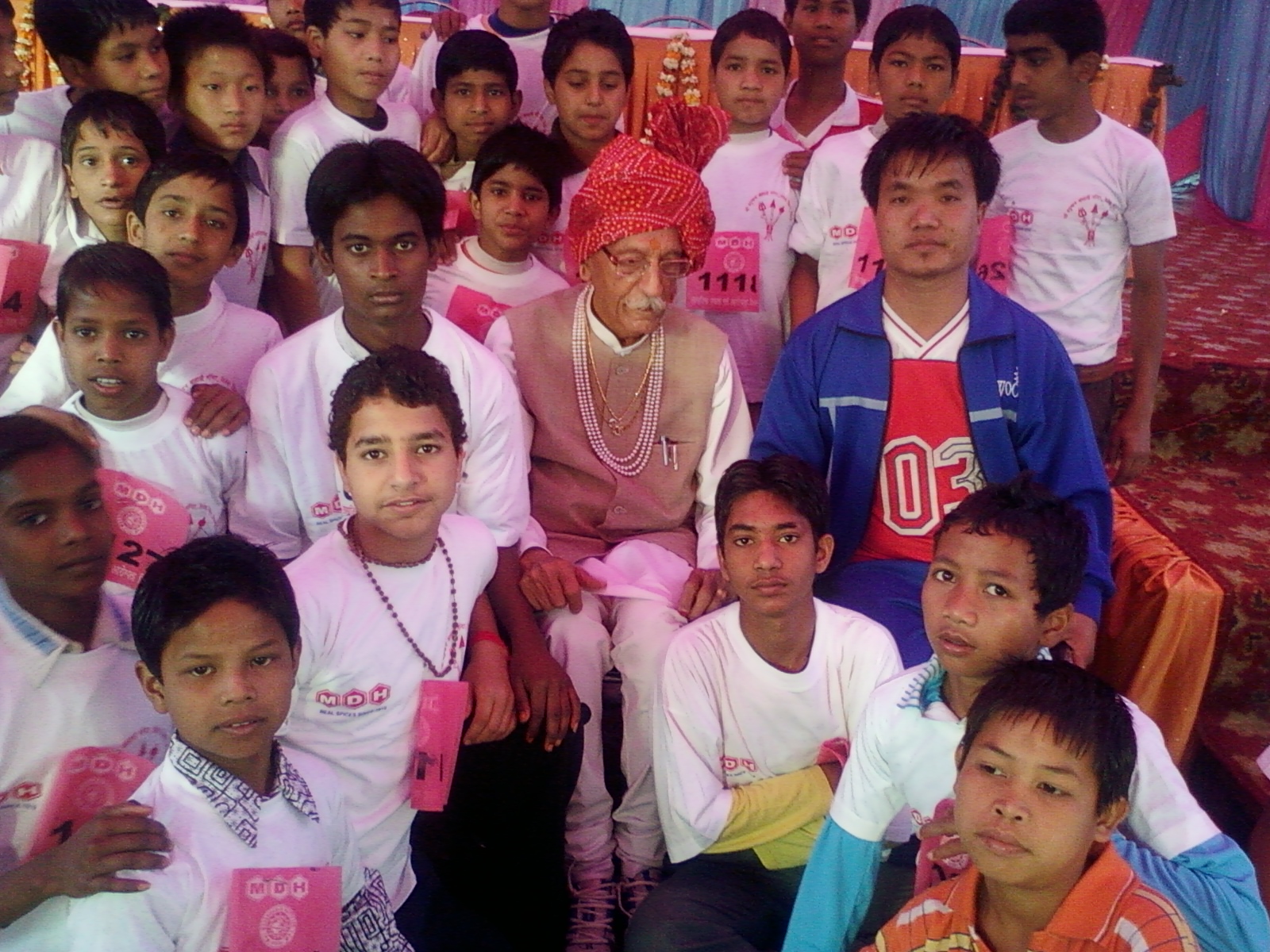Matrichhaya
Matrichhaya
Here newly born, abandoned & destitute bebies are nurtured and taken care of. These children are the handed over to child less couples through proper legal mechanisms. These center are running successfully in Miyawali Nagar and Paharganj. Sewa Bharti help the lost children to find their home and parents.
Here newly born, abandoned & destitute bebies are nurtured and taken care of. These children are the handed over to child less couples through proper legal mechanisms. These center are running successfully in Miyawali Nagar and Paharganj. Sewa Bharti help the lost children to find their home and parents.


Historically, childcare, as an idea has been central to the building of societies. The institution of family in itself has been central to the emergence of other institutions like religion, justice and the modern nation-state. Various cultures and religions have approached the idea of childcare differently, but regardless of their diversity, there has been a secular concern towards the welfare of children, as it was seen as their duty to carry the family forward into the next generation.
Over the passing of time, modern nation-states emerged and childcare moved from being a concern limited to individual families, to a concern that was shared by society and the nation. In the India, childcare began in the form of providing nurseries in poor settlement colonies, to take care of infants while their mothers were at work performing industrial labour. care has been similar in most countries, with most large countries dragging their feet on implementing meaningful childcare reform. In light of this gap inadequate policy planning and implementation, as well as the ethical and moral imperative to protect and care for the young, several actors in civil society, in the form of Non-Governmental Organisations, religious organizations, and various charitable trusts chose to fill this gap.
Child Care in India today
India has seen several extremely progressive pieces of legislation being passed to support childcare and the wellbeing of India's children. Schemes like the Midday Meal Scheme and legislation such as the Right to Education have looked to guarantee schooling as well as ensure that children are able to get nutritious food.
show the status of childcare in India
• India ranks 12th among 52 lower middle-income nations having highest infant mortality rates.
• 1 in 4 children of school-going age is out of school in our country – 99 million children in total have dropped out of school (Census 2011).
• Out of every 100 children, only 32 children finish their school education age-appropriately (District Information System for Education (DISE) 2014-15).
• There are 10.13 million child labourers between 5-14 years in India (Census 2011).
• India has 33 million working children between the ages of 5-18 years. In parts of the country, more than half the child population is engaged in labour (Census 2011).
• 19.8 million children below age 6 in India are undernourished (ICDS 2015). Only 9.6% of children between 6-23 months in the country receive an adequate diet (NFHS 4, 2015-16).
• 42% of married women in India were married as children (District Information System for Education (DISE).
• 1 in every 3 child brides in the world is a girl in India (UNICEF).















